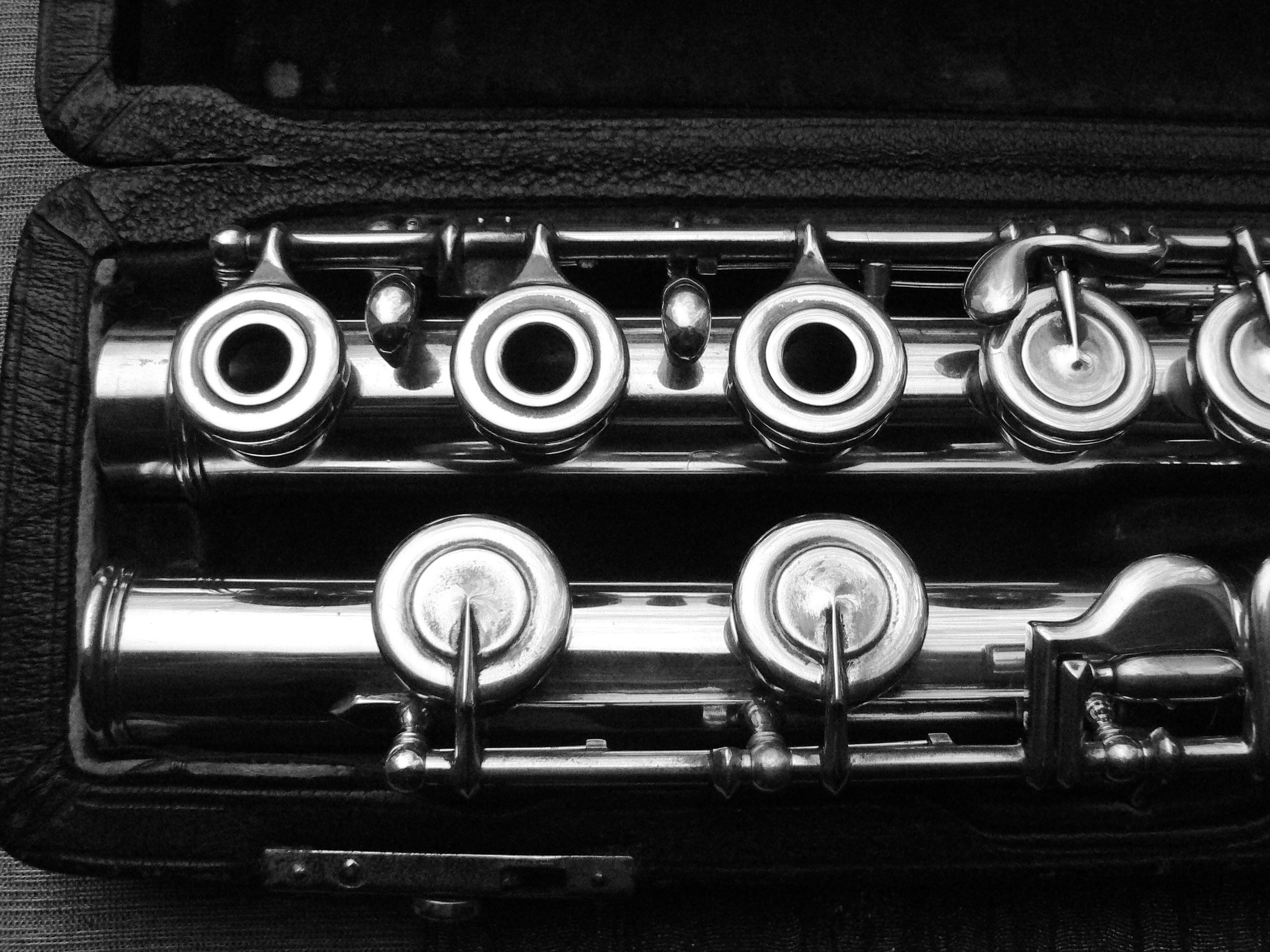
The Best American Poetry collection celebrated its 25th anniversary last night at The New School. The concept of the “best” American poetry or “best” American poets in any given year may sound a bit strange at face value—and rightly so. As a poet myself, I never stop questioning the extent to which it is possible for any poetry anthology, regardless of its subject matter, to justify its existence and literary “importance” by ostensibly including each and every piece of literature that “matters.” It is important to consider, however, the limits of determining a collectively agreed upon “best” anything—presidential candidate, soft drink, poem—and that amassing a completely inclusive, representative anthology is itself impossible.
At this year’s reading Mr. Doty reminded the audience that “our best poems inevitably grapple with the hardest things to say.” He went on to explain in detail how he came to select the 75 poets for this prestigious volume—struggling all the while with the final decision of which poems to include.
The 22 poems read ranged in topic from the social networking foibles of poets on Facebook (Michael Morse), computer programming languages (Heather Christle), and exceedingly personal, witty love poems (Brenda Shaughnessy, Angelo Nikolopoulos, and Eduardo C. Corral). The night’s best performances included Richard Howard’s, who voiced an entire class of fifth grade students—and made the audience muster up a little nostalgic, necessary joy—and Jenny Johnson’s sonnet crown “Aria.” If you aren’t familiar with Ms. Johnson’s work already, you should be. It’s been a long time since I’ve heard an example of formal poetics appropriated to real life scenarios with this much precision, clarity, and emotional vulnerability.
“Out of a prohibitive body, why ask for melody?” Ms. Johnson’s “Aria” asked. A fitting question to consider when trying to sum up this year’s BAP kick-off event. Despite the potential for it becoming an “insider’s only” reading, this year’s BAP felt like the exact opposite: a packed auditorium full of students, professors, folks off the street—all of whom left the reading thankful for the opportunity to hear so many distinct, necessary, urgent voices speak.

